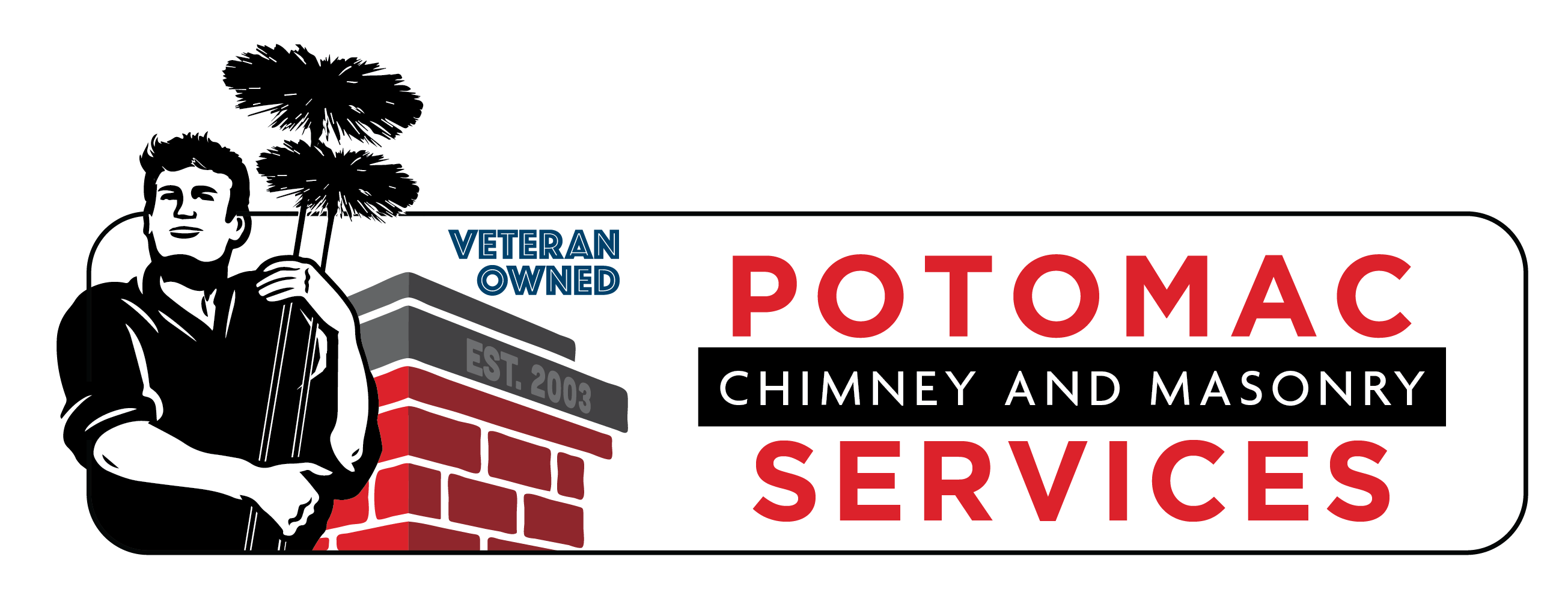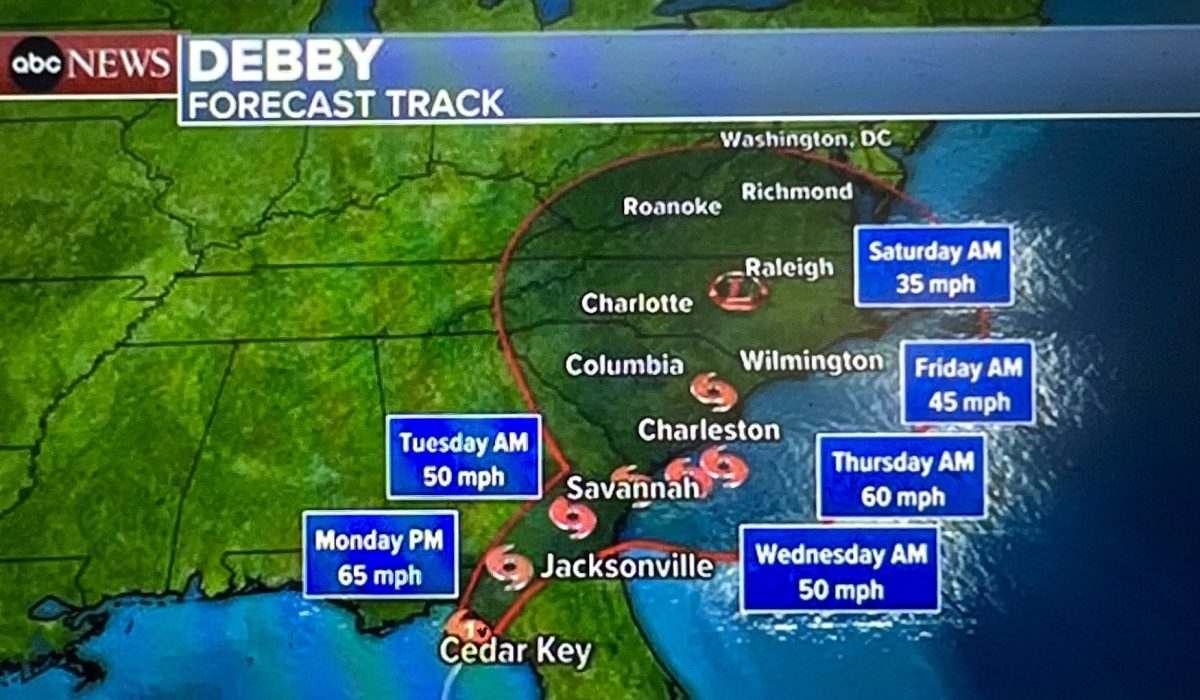- By Cathy Peterson
- Chimney Repair, Uncategorized
- 0 Comment
Inland Hurricanes Weather Can Damage Chimneys
As Hurricane Debby approaches Virginia, residents are preparing for the potential impact of severe weather conditions. While most people focus on securing windows, doors, and roofs, one often overlooked aspect of hurricane preparation is the chimney. Understanding how inland hurricanes can damage chimneys and cause leaky chimneys is crucial for homeowners looking to safeguard their property.
The Threat of an inland hurricane
Hurricanes, with its powerful winds and torrential rains, poses a significant threat to homes and buildings. Even as hurricanes lose some intensity as they move inland, they can still deliver damaging winds and heavy rainfall that can compromise the structural integrity of chimneys.
Wind Damage to Chimneys
Hurricane-force winds are one of the primary concerns for chimneys. The intense wind pressure can cause a range of issues:
Structural Shifts: High winds can cause chimneys to lean or shift, particularly if they are already weakened by age or previous damage. This can lead to cracks in the masonry and, in severe cases, a complete collapse.
Dislodged Flashing: The flashing, which seals the gap between the chimney and the roof, can be lifted or torn away by strong winds, creating openings for water to enter.
Debris Impact: Flying debris carried by the wind can strike chimneys, causing bricks to crack or dislodge, further weakening the structure.
Water Damage and Leaky Chimneys
The heavy rains brought by inland hurricanes can exacerbate the damage caused by wind. Water can infiltrate through various points in the chimney, leading to a host of problems:
Masonry Degradation: Rainwater can seep into cracks in the chimney’s masonry, causing bricks and mortar to deteriorate over time. The freeze-thaw cycle, common in Roanoke’s climate, can worsen this damage, leading to crumbling and decay.
Metal Corrosion: Metal components such as the chimney cap and damper are vulnerable to rust when exposed to moisture. Rusted parts can fail, allowing more water to penetrate the chimney.
Interior Water Damage: Water entering through a damaged chimney can seep into the home, causing damage to ceilings, walls, and structural elements. This can lead to mold growth, which poses health risks and further damages the property.
Preventative Measures for Homeowners
As a hurricane approaches, there are several steps homeowners can take to protect their chimneys:
Pre-Storm Inspection: Schedule a thorough inspection with a professional chimney service. They can identify and repair any existing damage or vulnerabilities, such as cracks, loose bricks, or damaged flashing.
Waterproofing: Apply a waterproof sealant to the exterior of the chimney. Ensure that the chimney cap is securely in place and in good condition to prevent rainwater from entering.
Reinforce Flashing: Check the flashing around the base of the chimney. Make sure it is properly sealed and secured, as this is a common entry point for water.
Structural Reinforcement: Consider reinforcing the chimney’s structure to withstand high winds. This might include adding support brackets or using stronger materials during repair work.
After the Storm: Assessing and Repairing Damage
Once the hurricane weather has passed, it’s essential to assess the chimney for any signs of damage:
Post-Storm Inspection: Have a professional inspect the chimney for any new damage caused by the hurricane. Look for signs such as leaning, cracks, or dislodged bricks.
Immediate Repairs: Address any damage promptly to prevent further deterioration. Quick action can save significant repair costs and prevent secondary damage to the home.
Mold Prevention: If water has entered the home through the chimney, dry out the affected areas as quickly as possible to prevent mold growth. Use dehumidifiers and fans to expedite the drying process.
As the hurricane approaches Virginia, it’s crucial for homeowners to act now to protect their chimneys from potential damage. Understanding the impact and taking proactive measures can save you from costly repairs and significant structural damage. Prepare in advance by scheduling inspections, reinforcing your chimney, and waterproofing vulnerable areas. After the storm, promptly address any damage to ensure your home remains safe and secure. Regular maintenance and timely inspections are essential to keeping your chimney intact and functional. Don’t wait—take action today to safeguard your home against Hurricane Debby’s powerful effects.

